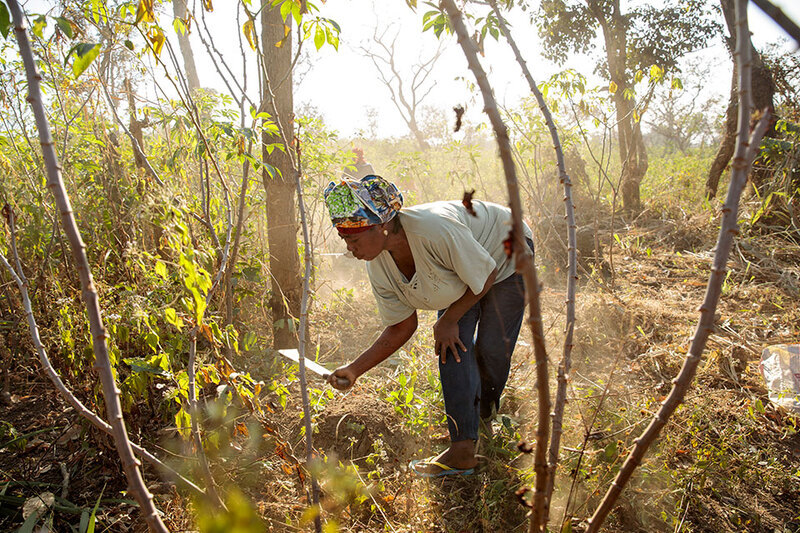
World can avoid economic damages of 11% to 27% of cumulative GDP by limiting global warming below 2°C
* Climate mitigation investments could return 5 to 14 times of original investment * Report urges ...

Millions of rural women and girls around the world are building essential climate resilience at home, at work and in their communities. They play significant roles in agriculture, food security, nutrition, and the management of land and natural resources.
In fact, globally, one in three employed women works in agriculture, with indigenous women in particular safeguarding land and knowledge. Women’s critical role in these aspects underlines the value of supporting their equal access to land and resources, financing, infrastructure and services, markets, and decision-making power, Executive Director of UN Women Phumzile Mlambo-Ngcuka said on the International Day of Rural Women.
The 2019 International Day of Rural Women (15 October) marks the vital role that rural women play in climate action with a spotlight on “Rural women and girls building resilience” theme.
Rural women and girls carry out the bulk of unpaid care and domestic work. As part of their daily routine, women and girls are responsible for water collection in 80 percent of households without access to piped water. Without access to clean and affordable energy, women and girls may spend large portions of their day collecting fuel, manually processing foodstuffs and pumping water. And as climate change and other factors affect the water and fuel supply, they have to go further to collect the daily requirements for their homes and fields. In areas of fuel scarcity, fuel collection can take up as much as five or six hours per day—time that could otherwise be used for paid work, education, rest or leisure.
To confront the existential threat of climate change, rural women and girls are innovating, turning among other practices to climate-resilient agriculture and sustainable energy technologies. They need local and national governments to recognize and address the specific challenges rural women face in a changing climate and are calling for them to implement gender-responsive policies and program that do this, in line with the targets of the Sustainable Development Goals.
“We are seeing some progress, with governmental efforts to support the resilience and adaptive capacities of rural women and their communities. Gender equality considerations are increasingly being integrated in rural and agricultural development and climate change frameworks. But these efforts must grow if infrastructure and public services are to be sufficient to meet the climate challenge sustainably, and to alleviate the household burdens that climate change intensifies. And rural women must be at the table when decisions are made that affect their future, so that their concerns shape investments in climate resilience and make them truly gender responsive,” Mlambo-Ngcuka said.
اترك تعليقا